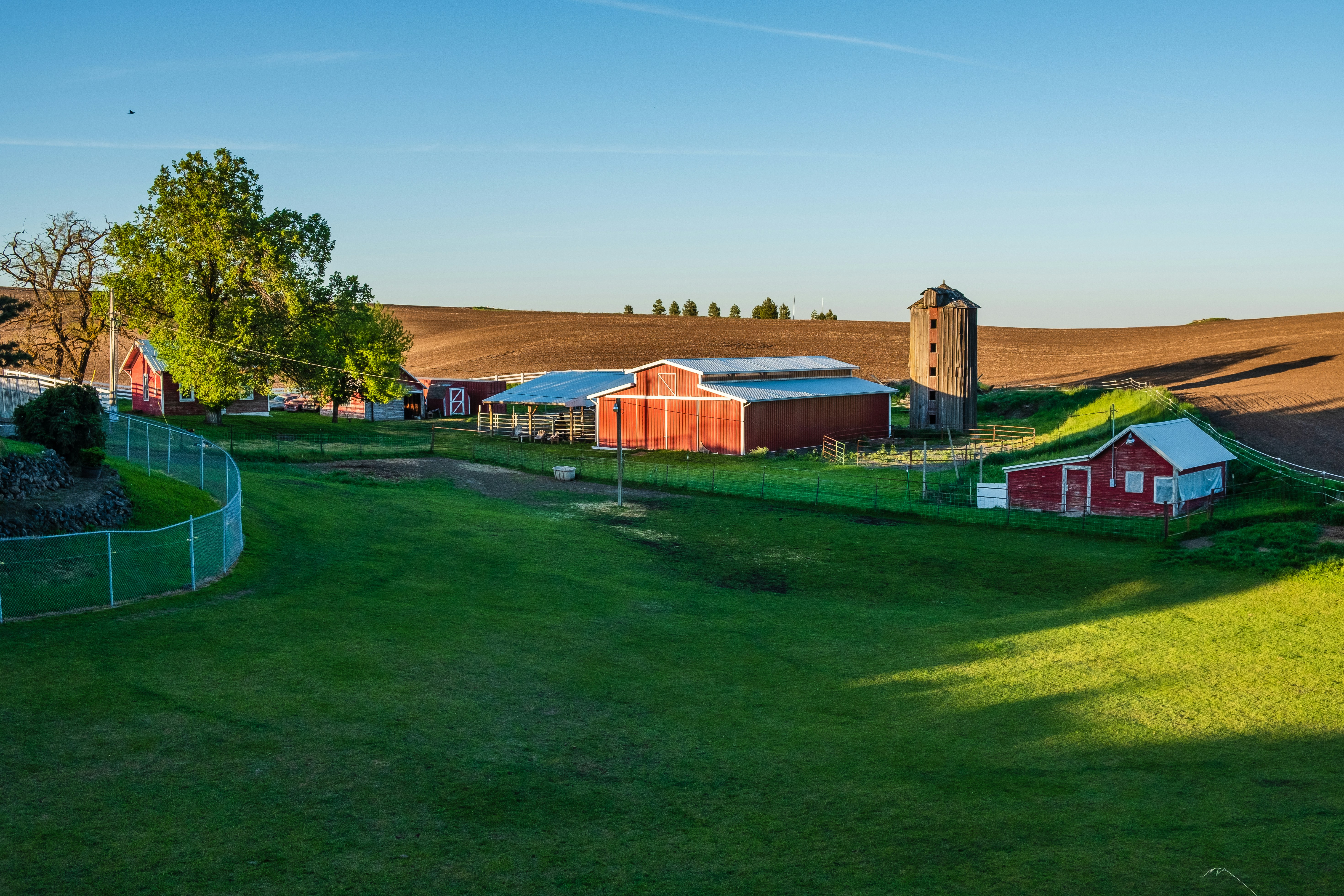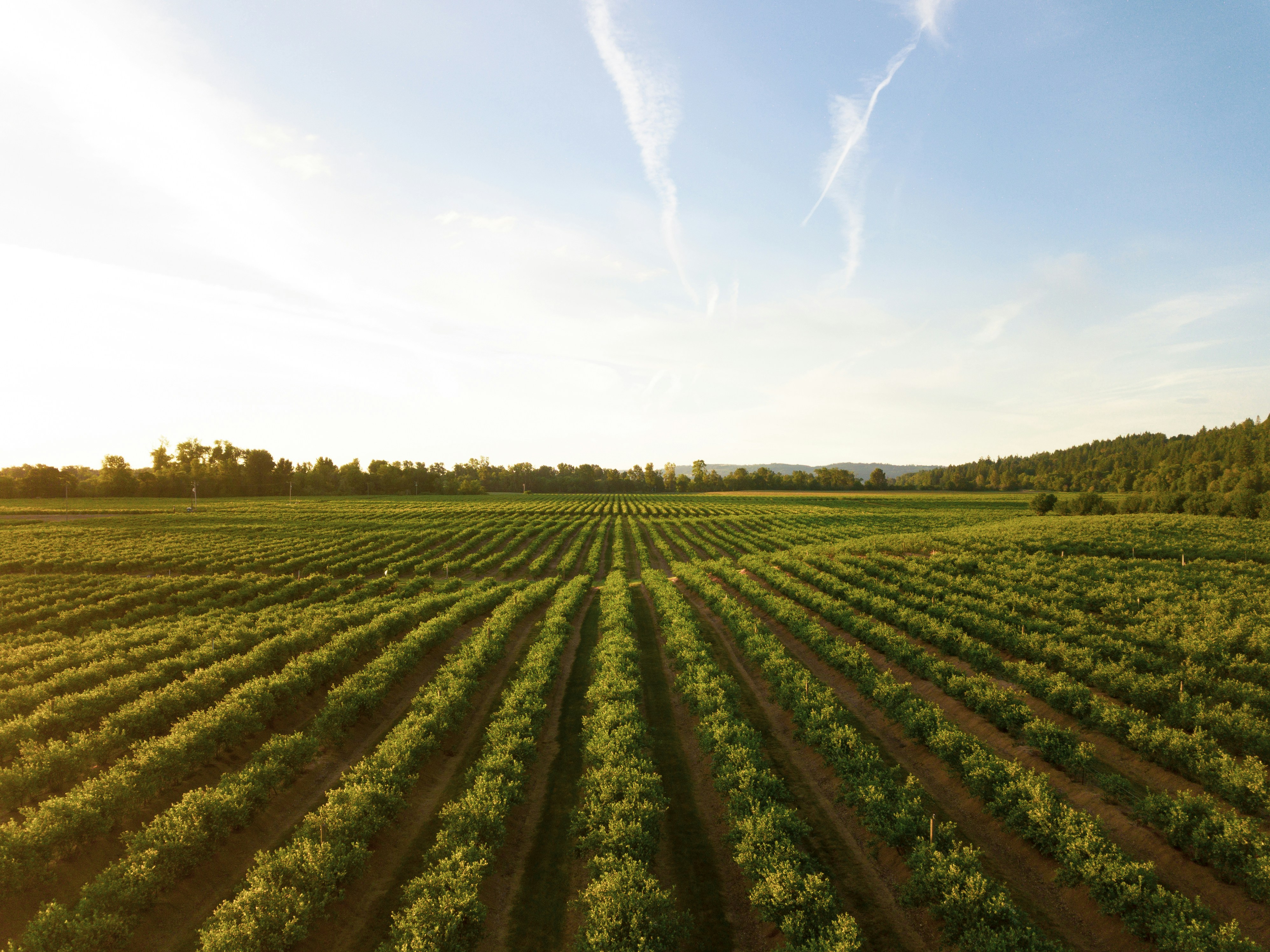Farming has gone through many changes in recent years. Facing lower crop prices and increasingly high farm maintenance costs, many large farms are finding it more complicated to turn a profit and maintain a healthy farm. This is leading even the most experienced farmers to ask how they can manage and maintain the success of their farms through difficult times. Farming is an ever-changing business and needs careful attention, planning, and action in order to be truly successful. From managing crops to farmhands all farms must have a solid strategy for ensuring success. In analyzing some of the more successful operations in the agriculture world, there are a few proven practices that are leading to success. Let’s take a look at some tips for managing large farm operations.
1. Gather relevant information.

While this tip might seem like an obvious practice, it can often be overlooked. Gathering information is an essential step for farmers who want to delve into more precision farming. Regardless of how large or small the farm is, there is plenty of information and data that can be collected. This data enables farmers to make smart decisions tailored to their specific farm about things such as what crops to plant and when to harvest. Besides data gathered from your own farm, however, equally important is data from other relevant sources. A cattle farmer, for instance, should be keeping up to date with veterinarian news and trends. Likewise, a farm that produces a large amount of agriculture would want to keep abreast of information related to soil temperature, insecticides, fungicides, and germination techniques. There’s plenty of places to gather data from and all of it together will ensure that farmers are staying on the ball to understand and drive the farm forward.
2. Consider new advancements and technologies.

In recent years, agricultural technology has allowed farmers to adapt to new ways of planting, growing, harvesting, and maintaining crops. It is important to harness new advancements and evaluate how useful new technology can be for your farm. One thing to consider is whether implementing advancements will fill a farm need, pay for itself in yield results, and save time.
Machinery is what immediately comes to mind when thinking about new farm technology. While these improvements are certainly important, it is also necessary to note advancements in agricultural products. Looking at fungicides, insecticides, and treated seeds could all have an impact on your farm. Treated corn seed is an example of such advancements. If you sow corn seed that has a fungicide coating containing an active ingredient like metalaxyl, it can protect seedlings from soilborne pathogens like pythium and insect pests like the wireworm. Pests can threaten the productivity of the entire farm. By taking advantage of this technology through seed investment, your farm could produce healthier crops than if you sow untreated seeds. This is just one example of how seed treatment advancements are helping farmers manage farm operations.
3. Look at the big picture.

Aside from corn seed and tractor technology, it is best to continually take a step back and examine the larger picture of your farm. From fertilizer management to seed treatment and systemic insecticides, you need to consider everything that will impact yield potential. Looking at new products, soil health, machinery, and even your farmhands, you need to do everything to make the entire process profitable. Successful farmers take note of all of the factors that impact overall yield and ultimately the profits. Productive farmhands can be the factor behind successful farmers. Providing things like Canadian Springs Water for your workers will help keep them working hard for your farm. You can also implement processes that make it easier for them and improve the work environment. Keeping your crops and your workers happy will ensure your success. Looking at the big picture to evaluate all areas of your organization can keep your farm operations on track.
4. Strive for consistent yields.

To be successful, farmers need to look beyond turning enough profit to meet financial deadlines and focus on maintaining a successful farm with consistent yields. It is important to produce higher yields that are consistent year-round. Doing this will help you build a reliable farm and, more importantly, one that people and investors can have trust in. Focusing on a consistent average number of days for growing and crop yield will help with year-round production. The same also applies to year on year yields too. A year with a huge yield is more than likely going to leave your fields lacking nutrients and feeling over farmed. Finding a steady optimum yeld year after year will lead to better farm operation management and consistent profits.
5. Be smart with machinery.

A final suggestion that has proven effective is to be smart with your farming machinery. Examine the cost for machinery per acre.
If your operating cost per acre has increased, it would be beneficial to analyze where the money is going and possibly invest in new machinery. The more use you can get out of one machine, the lower the cost. It’s about finding a balance between low-cost per acre and high-quality farming that produces a good yield.
Operating a large farm can be increasingly difficult given the current economic market and stability. Finding solutions to help manage farm operations could help promote sustainably higher yields and better profits.
